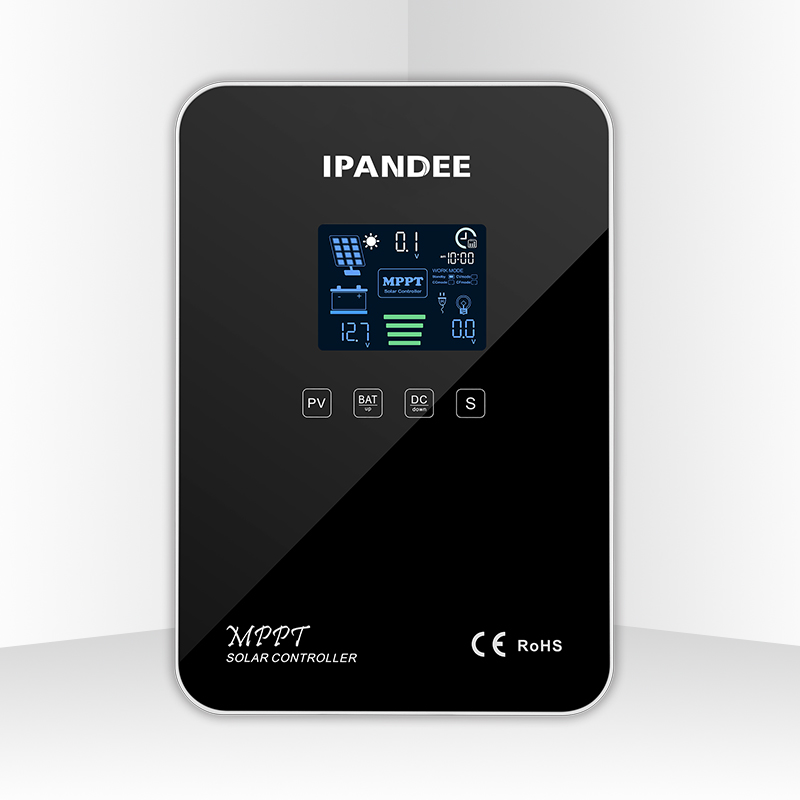In the ever-evolving landscape of agriculture, where sustainability is the key to the future, innovations in energy sources are making a profound impact. One such innovation that is revolutionizing the way farms operate is the integration of Solar Power Maximum Power Point Tracking (MPPT) technology. Let's delve into the world of eco-friendly farms and explore the transformative influence of Solar Power MPPT in agriculture.
Harnessing the Power of the Sun
Sustainable Energy for Sustainable Agriculture
Farming operations are energy-intensive, from irrigation systems to machinery and equipment. Solar Power MPPT technology harnesses the abundant energy from the sun, offering an eco-friendly alternative to traditional power sources. By capturing sunlight and converting it into electricity efficiently, farms can reduce their reliance on non-renewable energy, contributing to a more sustainable agricultural ecosystem.
Off-Grid Independence
One of the key advantages of Solar Power MPPT in agriculture is its ability to provide off-grid energy solutions. Remote farms that may not have access to a reliable power grid can still operate efficiently with solar-powered systems. This off-grid independence not only enhances reliability but also reduces the environmental impact associated with extending power lines to remote locations.
Maximizing Efficiency in Farm Operations
Precision Irrigation
Water is a precious resource in agriculture, and precision irrigation is crucial for optimal crop growth. Solar Power MPPT systems can power precision irrigation systems, ensuring that water is distributed efficiently based on the specific needs of each crop. This not only conserves water but also reduces operational costs for farmers.
Powering Agricultural Machinery
From tractors to harvesters, agricultural machinery plays a vital role in modern farming. Solar Power MPPT can be integrated into these machines, providing a clean and sustainable power source. This not only reduces fuel consumption and emissions but also lowers the overall operating costs for farmers.
Economic Benefits for Farmers
Cost Savings and Long-Term Investment
While the initial investment in Solar Power MPPT systems may seem significant, the long-term economic benefits are substantial. With reduced energy bills, government incentives for renewable energy, and potential income from excess energy production (through grid feed-in), farmers can experience significant cost savings and a return on investment over time.
Diversification of Income Streams
Solar Power MPPT systems offer farmers an opportunity to diversify their income streams. Excess energy generated can be sold back to the grid, turning the farm into a small-scale power station. This additional revenue can help stabilize farm finances and create a more resilient business model.
Environmental Stewardship in Agriculture
Reducing Carbon Footprint
Agriculture has often been associated with a considerable carbon footprint, especially when reliant on conventional energy sources. Solar Power MPPT in agriculture helps reduce this footprint by generating clean and renewable energy, contributing to a more environmentally friendly farming practice.
Sustainable Farming Practices
As consumers increasingly prioritize sustainably sourced products, the adoption of Solar Power MPPT in agriculture aligns with the growing demand for eco-friendly farming practices. Farms that embrace solar energy not only benefit economically but also position themselves as stewards of the environment.
The Future of Agriculture: Greener and More Efficient
Solar Power MPPT technology is not just a trend; it represents a fundamental shift towards a more sustainable and efficient future for agriculture. As farms around the world continue to integrate this innovative technology, we can expect a reduction in environmental impact, lower operating costs, and a more resilient agricultural sector.
In conclusion, eco-friendly farms powered by Solar Power MPPT are not just a vision for the future; they are a reality reshaping the agricultural landscape. As technology continues to advance and awareness of sustainable practices grows, solar-powered agriculture stands as a beacon of hope for a greener, more efficient, and environmentally conscious future.
 English
English  한국어
한국어  français
français  Deutsch
Deutsch  Español
Español  italiano
italiano  русский
русский  português
português  العربية
العربية  tiếng việt
tiếng việt  ไทย
ไทย  Polska
Polska  中文
中文







